Chronic pain, invisible illness, Black health. In this conversation, Wunmi Bakare shares her profound journey living with sickle cell disease, detailing the challenges and triumphs she faced from childhood through adulthood. She discusses her experience with a stem cell transplant, the impact it had on her life, and the ongoing challenges she navigates post-transplant. Wunmi emphasizes the importance of patient advocacy, the need for compassionate healthcare, and the creation of Sickle Cell Prodigy, an organization aimed at supporting individuals with sickle cell disease and their families. The conversation highlights the resilience of patients and the importance of community support in managing chronic illnesses.
Key Takeaways:
- Living with sickle cell involves navigating stigma and misunderstanding.
- A stem cell transplant can significantly change a patient's life.
- Post-transplant, patients still face challenges and pain management.
- Advocacy is crucial for patients with invisible illnesses.
- Compassionate care from providers can improve patient experiences.
- Sickle Cell Prodigy aims to support patients and caregivers alike including Pre=Therapy Warriors and Post-Therapy Survivors.
Wunmi Bakare is a multicultural citizen and pioneering advocate in the sickle cell and rare disease community, known for her commitment to inclusion and stigma eradication. With a fervent dedication to advancing awareness and understanding, Bakare leverages both proactive and reactive media engagement to transform perceptions of sickle cell disease. Her lived experience fuels her advocacy and informs her leadership roles on the advisory boards for the National Health, Lung & Blood Institute, the American Board of Medical Specialties, Beam Therapeutics, Vertex Pharmaceuticals, Pfizer, Fulcrum, and Healthful Data as well as her board memberships with the Sickle Cell Knowledge & Information Network, Sickle Cell Disease Partnership, and The Gift of Adoption Fund.
Diagnosed with the severe HbSS form of sickle cell disease at just 18 months old, Bakare's grueling journey led her to participate in a groundbreaking clinical trial at the NIH, culminating in a successful allogeneic stem cell transplant in 2019. Bakare thrives as the Founder of WBPR Agency working across diverse corporate disciplines and providing strategic media counsel to top brands. In 2020, she launched #SickleCellProdigy, a patient-driven nonprofit organization dedicated to redefining survivorship for individuals living with sickle cell disease who are exploring or recovering from transformative therapies, including bone marrow transplant and gene therapy.
Please subscribe to this podcast on Apple Podcasts, Spotify, YouTube or wherever you get your podcasts to stay updated on new episodes of All Access DNA. Listen to past episodes on your favorite podcast play by searching “All Access DNA” or by streaming from our website at allaccessdna.podbean.com
Here are more resources related to today’s topic:
- Sickle Cell Prodigy website
- Though The Genes Podcast
Any inquiries on the podcast can be sent to AllAccessDNA@gmail.com
Note that this podcast is for entertainment and education and is not intended to be a substitute for professional medical advice. Please consult your physician with any questions you may have regarding your health.
The All Access DNA team includes: host, producer and editor Kate Wilson. The logo is designed by Designs by NKJ. Our Social Media Lead is Casey Lepley.
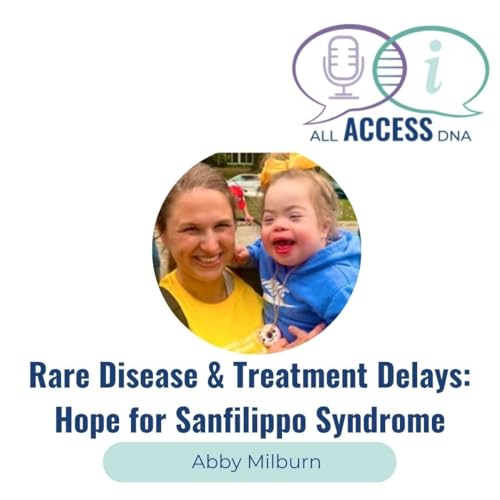 45 分
45 分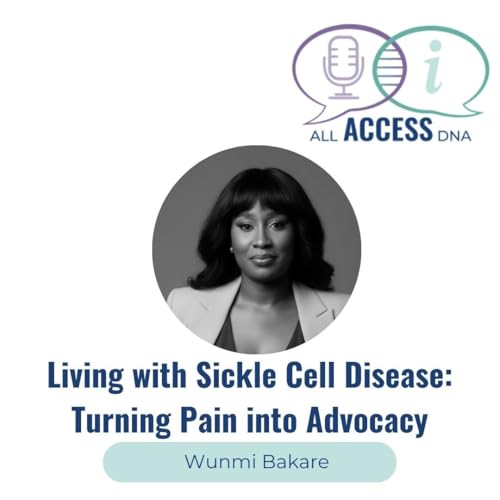 49 分
49 分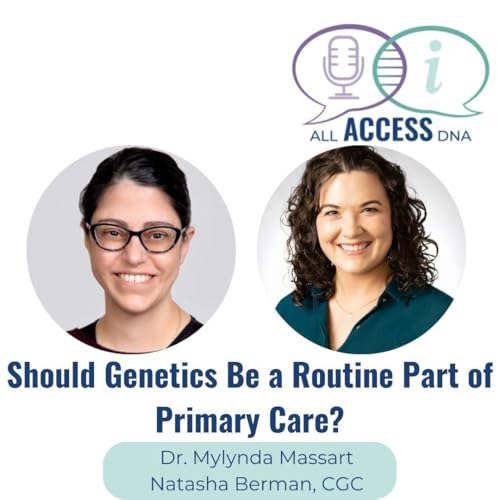 38 分
38 分 2026/01/2757 分
2026/01/2757 分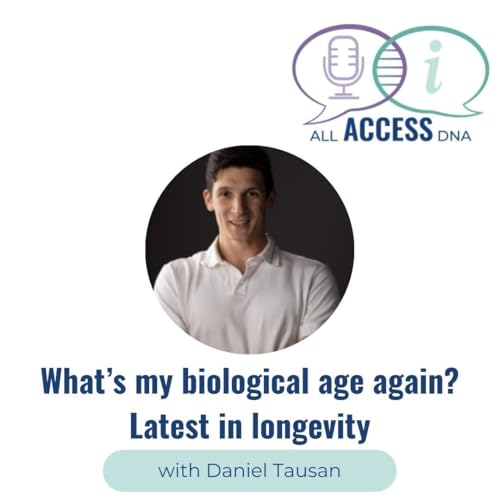 49 分
49 分 42 分
42 分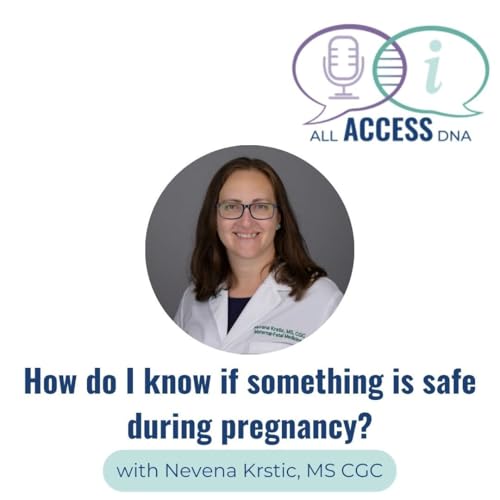 41 分
41 分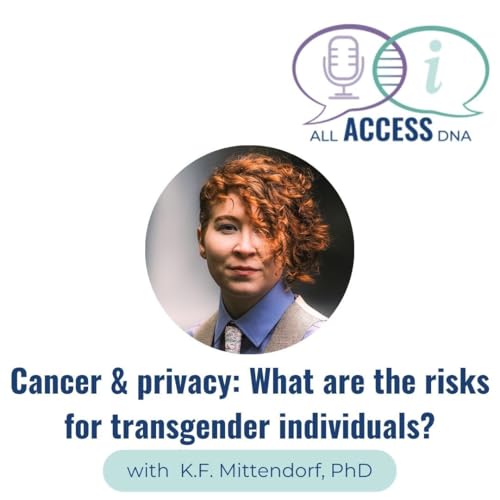 49 分
49 分
